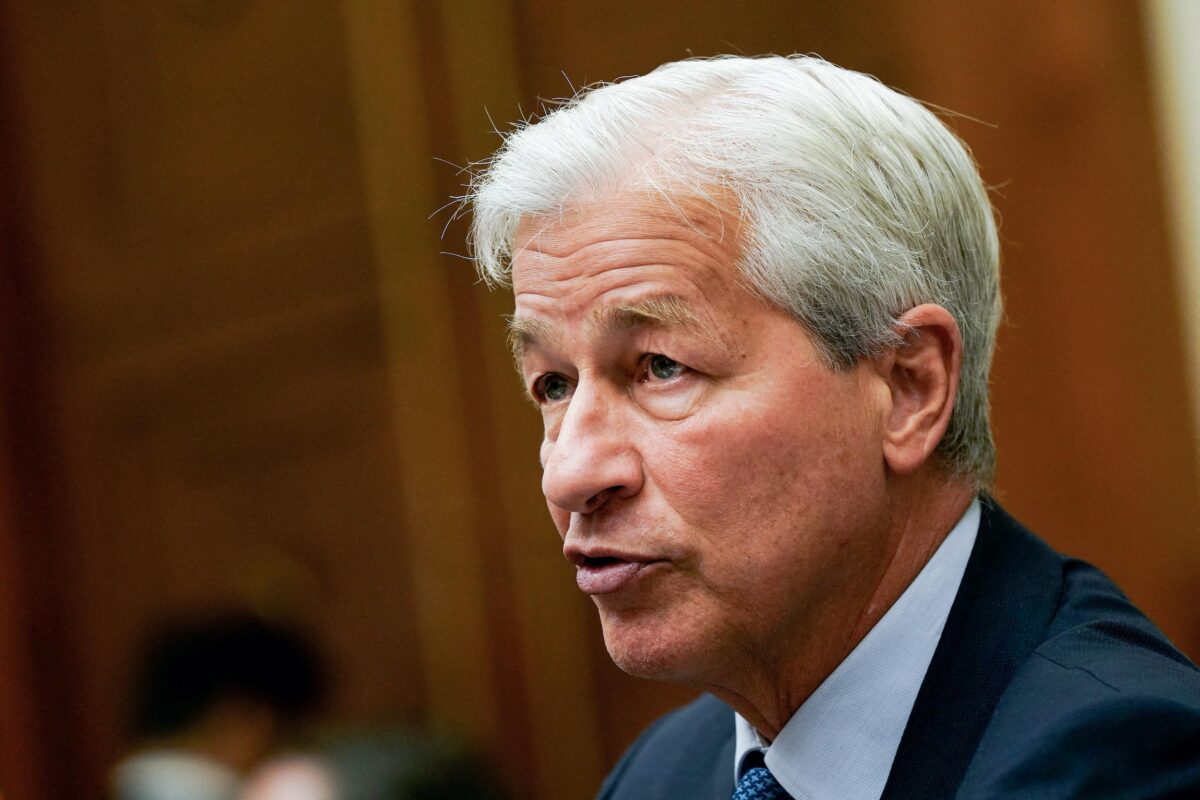


Jamie Dimon, the CEO of JPMorgan Chase & Co., proposed a plan to end the turmoil in the banking industry, one that would involve government intervention. Still, the banker expressed concerns that policymakers will take away the wrong lessons from the current upheaval.
“I think it’s going to get worse for banks—more regulations, more rules, and more requirements,’’ he said in an interview with Bloomberg Television on Thursday. “If you overdo certain rules, requirements, regulations—there are some of these community banks that tell me they have more compliance people than loan officers.’’
Dimon believes banks should have been encouraged to look more broadly at potential pitfalls rather than focusing on one annual stress test that ran hundreds of thousands of pages.
At the same time, four regional firms have collapsed amid steep Federal Reserve interest-rate hikes and deposit outflows, leading to investor concern about the strength of the industry. Despite JPMorgan’s purchase of First Republic and Dimon’s declaration that “this part of the crisis is over,” he acknowledges that the regional-bank sector is still facing challenges.
“It may take a few banks down; that’s normal stuff … That isn’t abnormal.” The banker nonetheless believes the industry is “quite strong” and that “we’re getting near the tail end” of the problem.
Dimon’s assessment is not shared by all members of his staff, who have told him that short sales are not to blame for the drop in regional-bank share prices. Nonetheless, he believes that individuals engaged in collusion or short selling and making negative comments about a bank should be punished to the fullest extent of the law.
In the wide-ranging interview, Dimon also discussed JPMorgan’s preparations for a potential U.S. default and his assessment of the state of U.S.-China relations. He warned that losses on commercial real estate loans would likely lead to more regional bank failures and urged U.S. leaders to avoid measures that would limit trade with China.
“America and China have a lot of common interests—climate, nuclear proliferation, anti-terrorism, global stability,” the CEO said. “And we have differences. We’re capitalists; they’re not. It’s OK. We can sort it out.”
Dimon has long advocated for eliminating the U.S. debt ceiling, and said that JPMorgan has convened a weekly war room to plan how the country’s largest lender would react to a potential default. If the standoff persists, he anticipates that the meetings will occur more frequently, potentially multiple times a day.
Despite the ongoing turmoil in the banking industry, JPMorgan’s shares have been largely immune to the pressures plaguing its smaller rivals. The bank reported an unexpected jump in deposits in the first quarter in a flight to safety. It outbid other lenders for First Republic after the San Francisco-based firm became the second-biggest bank failure in U.S. history. Dimon sees an opportunity to expand JPMorgan’s wealth-management offerings by leveraging First Republic’s relationships with wealthy clients.
